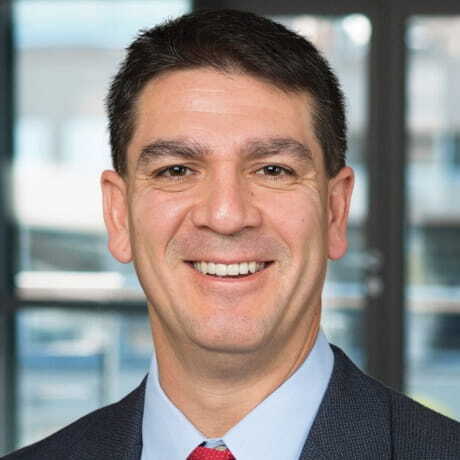
An Evidence Based Approach for the Treatment of SLAP Lesions
-
Register
- Non-member - $43.75
- Member - $26.25
- Student - $26.25
- Staff - Free!
Abstract:
Treatment strategies based on recent evidence and best practices will be demonstrated, allowing the attendee to effectively integrate the information into a post-operative rehabilitation program. The presenters will also share evidence to support the use of manual treatment techniques to address concomitant pathological conditions (joint mobility, spinal alignment, myofascial pain) associated with shoulder dysfunction.
Objectives:
- Participants will be able to based on the available evidence, develop a non-operative rehabilitation program for patients with SLAP lesions.,
- Participants will be able to explain best practices for the clinical evaluation of athletes with a SLAP lesion.,
- Participants will be able to interpret results of clinical and diagnostic testing, and explain the common surgical procedures utilized.,
- Participants will be able to develop an appropriate post-operative rehabilitation program based upon the available evidence.
Level:
Essential
Domains:
Domain 2: Assessment Evaluation and Diagnosis
Domain 4: Therapeutic Intervention
CEUs:
1.75 Category A
Keywords: Superior labral anterior posterior, shoulder, rehabilitation, SLAP lesion, treatment

James Onate, PhD, ATC, FNATA
Dr. Jimmy Onate joined The Ohio State University in January 2010. He earned his PhD in Human Movement Science from the University of North Carolina at Chapel Hill in 2002 with a focus in biomechanics and motor learning. He has been an academic research faculty member interested in all aspects of human movement relative to injury prevention and performance optimization since 2003. He currently serves as the director of the PhD program in Health and Rehabilitation Sciences, chair of graduate studies in Health and Rehabilitation Sciences, a co-director of Ohio State's Sports Medicine's Movement Analysis & Performance (MAP) research program, a research scholar for the National Federation of High School Sports Medicine Advisory Committee, and a research consultant to Naval Special Warfare groups based in Virginia Beach, VA.His main research focus lies in developing functional motion assessment research that bridges the gap across research to clinical systems to allow for evidence-based outcomes for aiding individuals to sustain optimal health and performance throughout their careers and lives.
Research Focus
The specific aims of his research are focused to answer specific issues related to lower extremity injury, in particular anterior cruciate ligament (ACL) injury, pre-participation examinations and human performance optimization. Funding for his work has been provided through the National Institutes of Health, Office of Naval Research, United States Special Operations Command and Naval Special Warfare Development Group for evaluating lower extremity injury in collegiate athletes and the development of physical performance models in military soldiers. The interaction of these two areas initially seems distinct, yet his approach to the questions lies along the fundamental concept of creating a parsimonious screening approach for evaluating injury risk and performance enhancement for physically active individuals, utilizing the movement assessment information to develop an instructional feedback approach to enhance performance and prevent injury and to integrate these two approaches into an implementable scientific model-driven approach to aid physically active individuals throughout their careers and lifetime to optimize health and performance. Dr. Onate acts as a key component in building the bridges between exercise and performance areas relative to all aspects of personalized health care in the hopes of developing proactive integrative approaches for wellness-based medicine aimed at optimizing lifelong health and performance.
